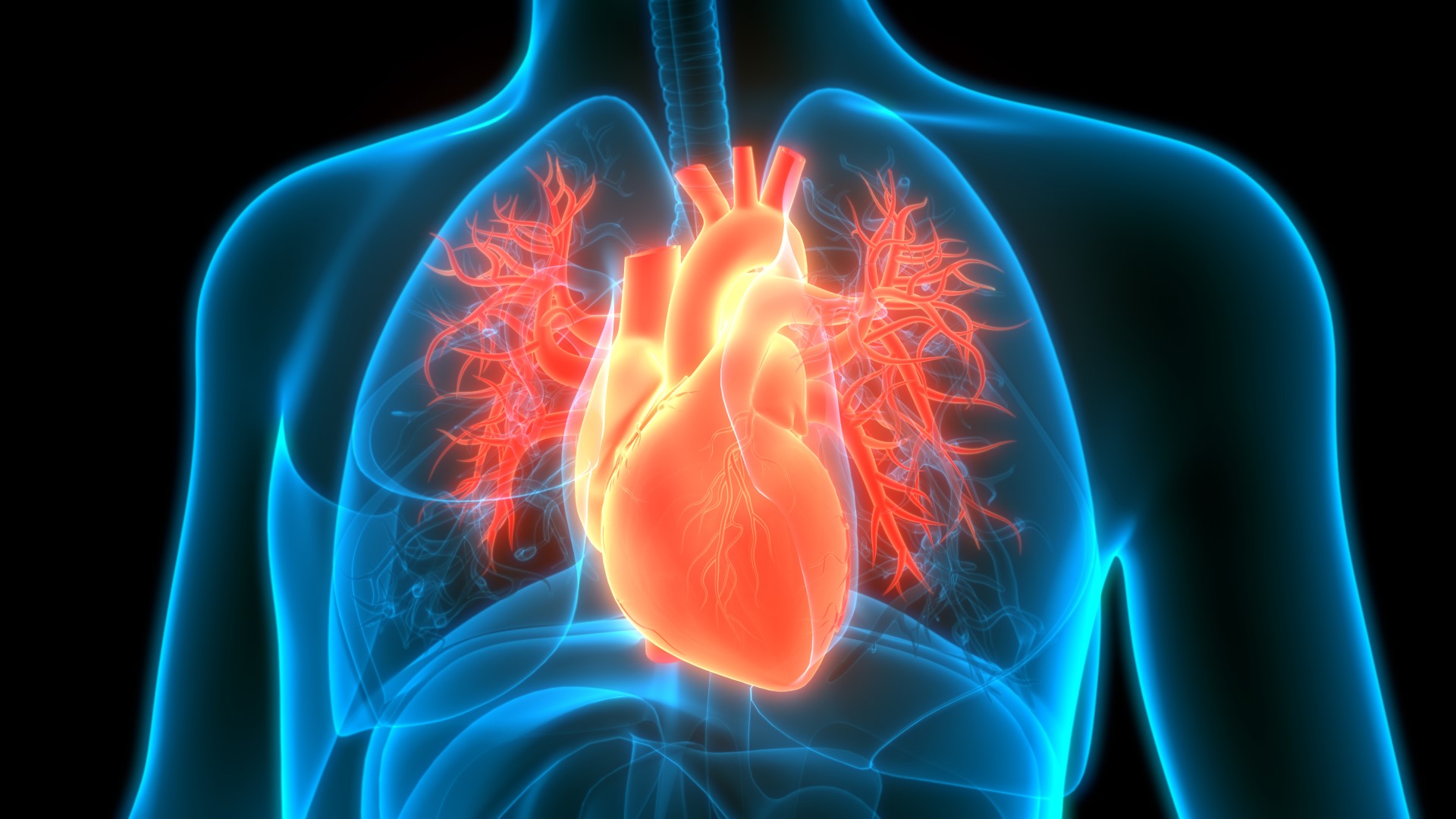BANGOR, Maine — February is American Heart Month. In the midst of a global pandemic, experts say it is especially important for people to be staying healthy -- especially since heart disease is the number one killer in the United States.
Gilbert Reynolds, 73, of Dexter knows this struggle all too well. He experienced his first heart attack in 1998 and a second more than 20 years later in 2019. Reynolds was going up against a tough family history. His father died at 51 from a heart attack, and his grandfather died at 50. He also has three younger brothers who have all died -- two because of heart issues and one because of a stroke and multiple sclerosis.
Reynolds says doctors didn't think he would live after the second bout, but with five stents in his heart, he decided to make some major life changes. Those included paying attention to diet and exercise -- and now, Reynolds says his blood pressure and sugar are normal, and he has lost almost 100 pounds. Jokingly, he brags he earned title as "best patient" at Northern Light Eastern Maine Medical Center. The hard work has all been for good reason.
"The first heart attack, I didn't have any grandchildren -- and now I have four," Reynolds said proudly, referencing his three grandsons and one granddaughter.
According to the American Heart Association, cardiovascular disease accounted for 868,662 deaths in the United States in 2017. AHA data from 2018 indicates someone dies of cardiovascular disease every 36 seconds in the United States, with about 2,380 deaths per day.
"I think lifestyle plays a large role in it," Dr. Alan Wiseman, a cardiologist at Northern Light Eastern Maine Medical Center, expressed about heart health. "Genetics do, as well."
Wiseman says it's important for Americans to be aware of the "simple seven" to monitor and improve heart health -- smoking, physical inactivity, nutrition, obesity, cholesterol, diabetes, and high blood pressure. Wiseman says the coronavirus pandemic has created additional challenges. People with heart issues are more likely to get COVID-19 -- and if they do, they could see worse outcomes. Some people experiencing heart symptoms have avoided hospitals because of the pandemic, but Wiseman says it's important for people to get treated as soon as possible.
"Heart disease, like COVID, doesn't go away," Wiseman noted.
Dr. Scott Deron, a cardiologist at St. Joseph Hospital, says the pandemic has also resulted in social changes that threaten heart health, too.
"Things have changed with the pandemic," Deron said. "Gyms are closed. Social isolation is an issue. We don't get to walk with our friends, like we did."
St. Joseph Hospital patient Corkey Potter of Orono has coronary artery disease and says he has been trying to find new ways to stay healthy and motivated during a time that has been lonely and isolating.
"When I think about, strategically, what do I want to be, have, or do for the rest of my life...part of that is being alive," Potter expressed.
Deron says it's important to prioritize all three branches of health: physical, emotional, and social. He also says prevention is always better than treatment -- and those who don't make time for their health now will have to make time for their disease later.
"(Heart disease) affects virtually all of us at some point, with family or ourselves," Deron said.
To get on the right track, doctors say you can start by gradually increasing daily activity and eating well. You can also get in touch with a primary care provider for assistance.
Symptoms of a heart attack can include:
- Chest discomfort
- Upper body discomfort
- Shortness of breath
- Cold sweat, nausea
Symptoms of a stroke can include:
- Face drooping
- Arm weakness
- Speech difficulty

